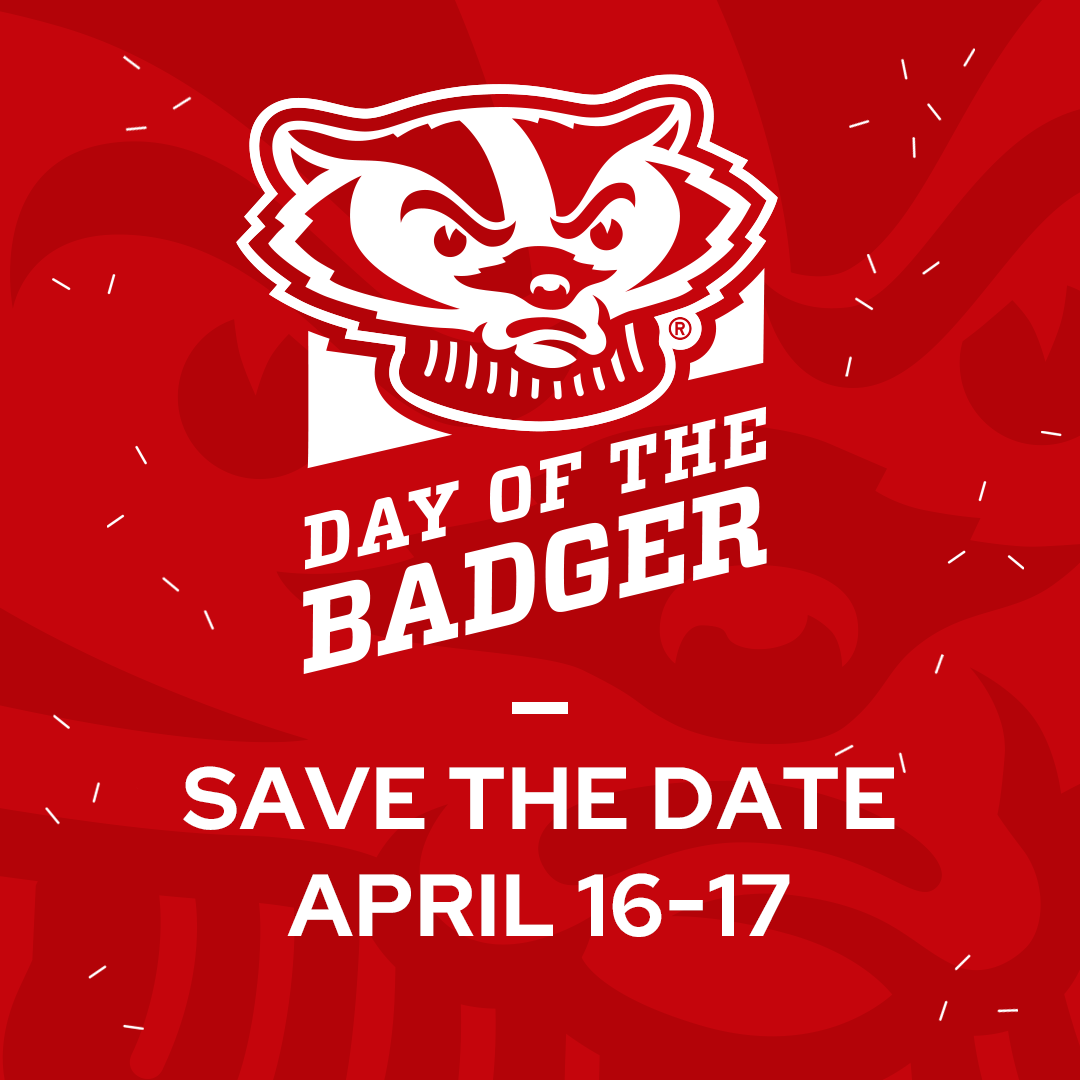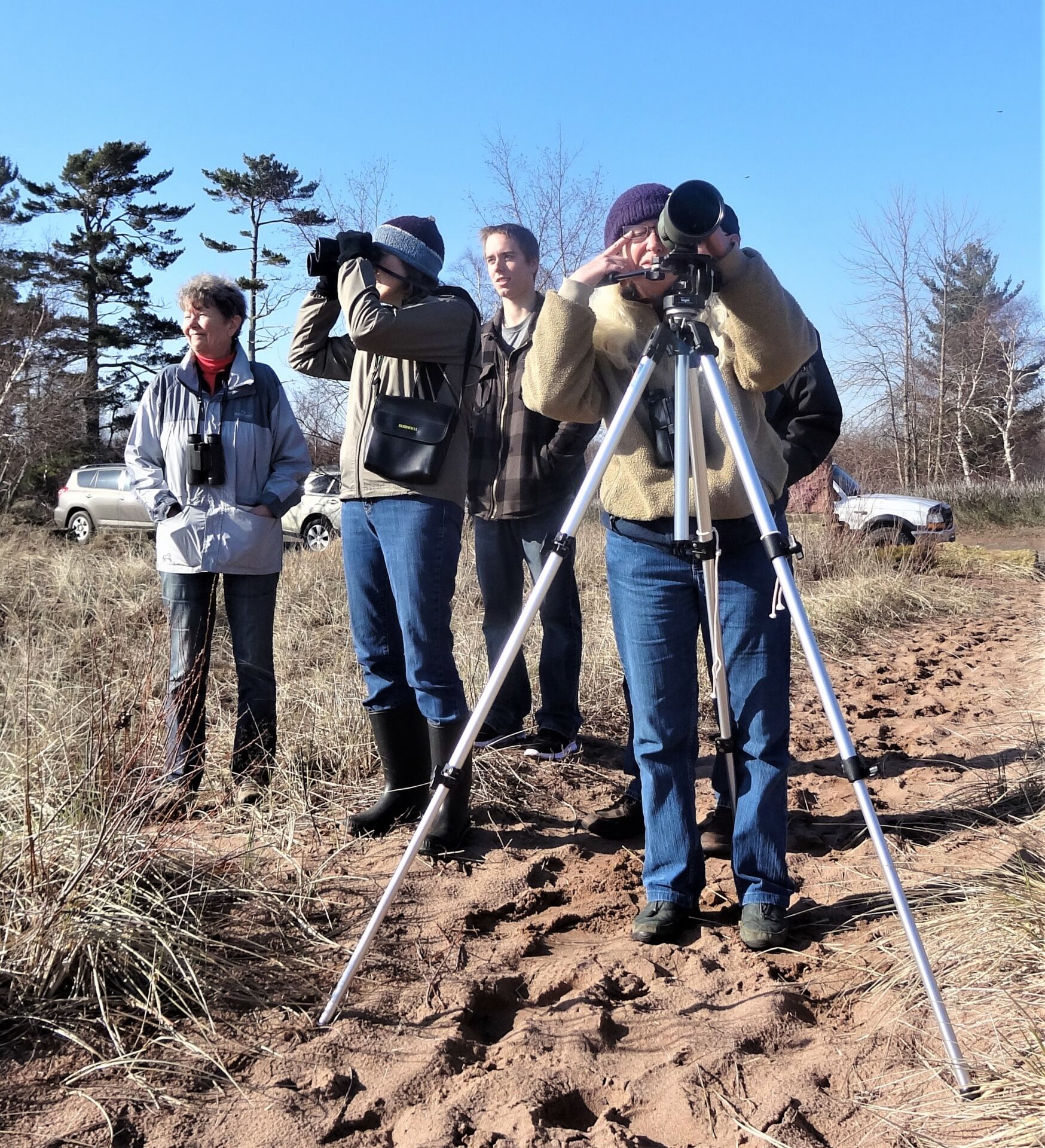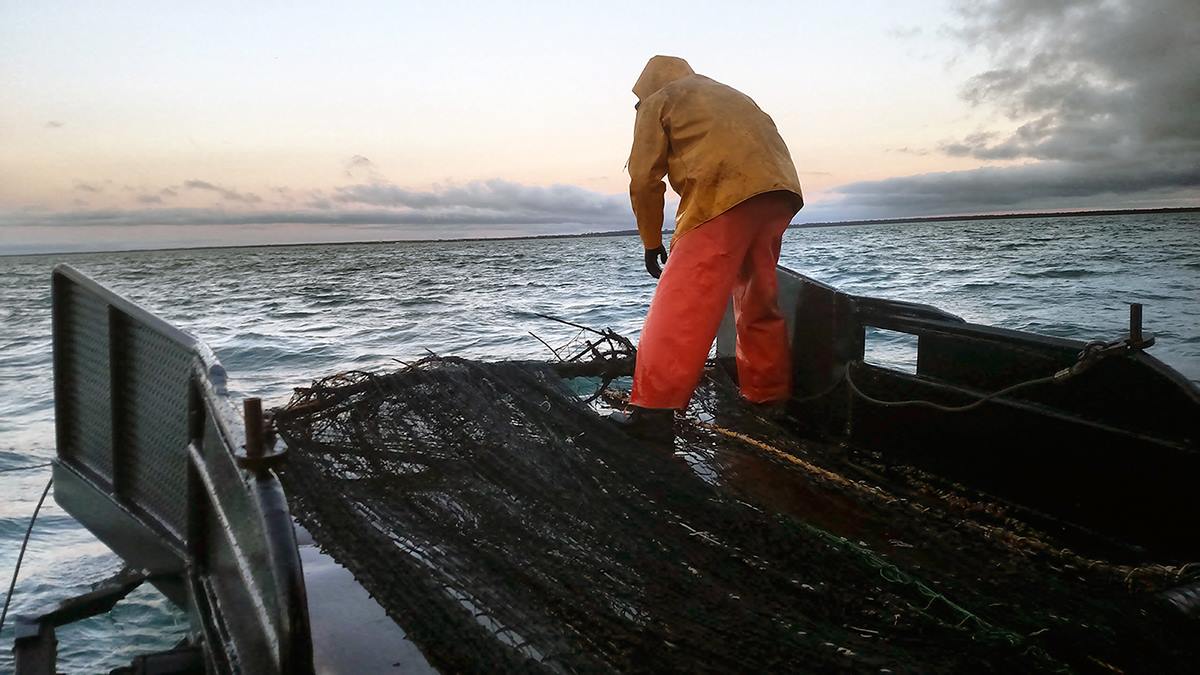Sarah Wilkins, the 2014 Dean A. Knauss Fellow from Wisconsin, has been shaped by far-ranging geographic and challenging intellectual journeys.
Witness this path:
Midwest: Illinois native with an abiding childhood curiosity in the coastlines of the Great Lakes. The hunt for Petoskey stones and surfing Lake Michigan’s waves forged an early interest in coastal and freshwater resources.
East coast: Academic success at the University of Vermont in the study of water resources is a convergence of early-life passions and deeper learning, connecting two interests.
West coast: Interacting with streamside landowners in Puget Sound provides exposure to the social science side of natural resources.
East coast (again): A stop at the Marine Biological Laboratory in Woods Hole, Mass., to study the saltmarshes north of Boston and mangrove estuaries in Panama.
Zanzibar, Tanzania: A study-abroad program in coastal ecology aids an emerging aquaculture program; it builds on Wilkins’s environmental classroom and volunteer work.
Midwest: A return to the region. In Wisconsin, she currently is completing an internship with the Lake Superior National Estuarine Research Reserve, researching wetlands. Wilkins is also finishing a master’s program at the University of Wisconsin-Madison’s Nelson Institute in conservation biology and sustainable development.
Wilkins came to Madison because, “I have a great foundation in the hard sciences. I came here to integrate that knowledge with an understanding of the social dimensions of environmental change.” She continued, “The Great Lakes are near and dear to my heart. 21 percent of the world’s fresh water is here. It’s a vital resource. Over the past five years, I’ve lived on both coasts. Moving back to the Great Lakes region brings me full circle and demonstrates the importance of our freshwater resources.”
Wilkins’s next step will be determined the first week of November when she participates in the Knauss Placement Week in Washington, D.C, the epicenter of policymaking. “I’m interested in learning about policy and how it interacts with natural resource management and the decisions we make for our coasts and waterways.”
She will be placed in the executive branch, providing a front-row seat to policy making. It also will provide her insight as she ponders a future career in an extension capacity—passing along science-based information to help shape policy—or at a non-governmental organization working as a program coordinator. “Being a program coordinator allows day-to-day creativity. It provides an opportunity to see where the needs really are and allows you to respond to those needs.”
For 34 years, the Knauss Fellowship has provided hundreds of the nation’s graduate students the opportunity to explore ocean, coastal and Great Lakes national policy decisions affecting freshwater and marine resources.
Wilkins is the 23rd fellow from Wisconsin to go to Washington, D.C., for a year, expense paid and a stipend provided. She takes the Knauss baton from her fellow UW-Madison student Jenn Phillips who will be concluding her stint in the office of the secretary of the National Oceanic and Atmospheric Administration in January.





